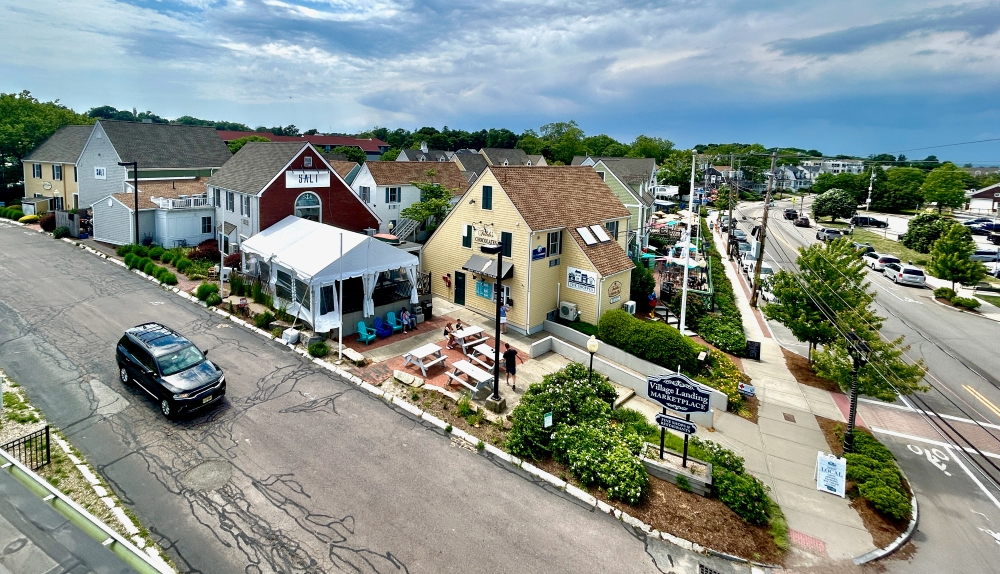Like others in Plymouth, I have always been intrigued by the prospect that a mini-convention center could attract additional visitors/attendees to Plymouth, especially during the “shoulder” seasons, and bring welcomed new business to the local economy. However, after reviewing the Convention Center Market Analysis and Feasibility Study prepared for Plymouth by the CSL-led team of consultants, it’s hard to sustain any optimism.
The report provides weak evidence of any “market demand” for such a facility. The market analysis consists of a single table that summarizes the results of interviews with area event planners. It’s nothing more than glittering generalities and wishful thinking. There is no data showing the current demand for convention/meeting spaces in the region, the annual frequency or duration of events suitable for the recommended spaces, other area venues competing for the same business, etc. With no “unmet demand” for convention center space, its success would appear to hinge primarily on its ability to attract events away from existing, competing in-state facilities.
The report also paints a bleak picture of the financial feasibility of a convention center in Plymouth. Data provided by the study on the economic cost of building a convention center and its potential impact on employment and revenues are enlightening but meaningless without the underlying assumptions to support each line item (why no explanatory footnotes?). It’s hard to discern if the revenue estimates provided are reasonable and if the benefits would justify such an investment.
Despite others’ optimism, the report does not show that a convention center is needed or feasible in Plymouth. It is unreasonable to spend $46.75 million (more when site costs are included) of public monies (including Plymouth tax dollars) to build a convention center in Plymouth that might only attract several multiple-day events a month and operate at a loss every year (thereby requiring town subsidy).
Steve Bolotin is right – town and other public monies would be better spent on efforts to expand its commercial, industrial/ manufacturing, and health care tax bases.
– David Friend

